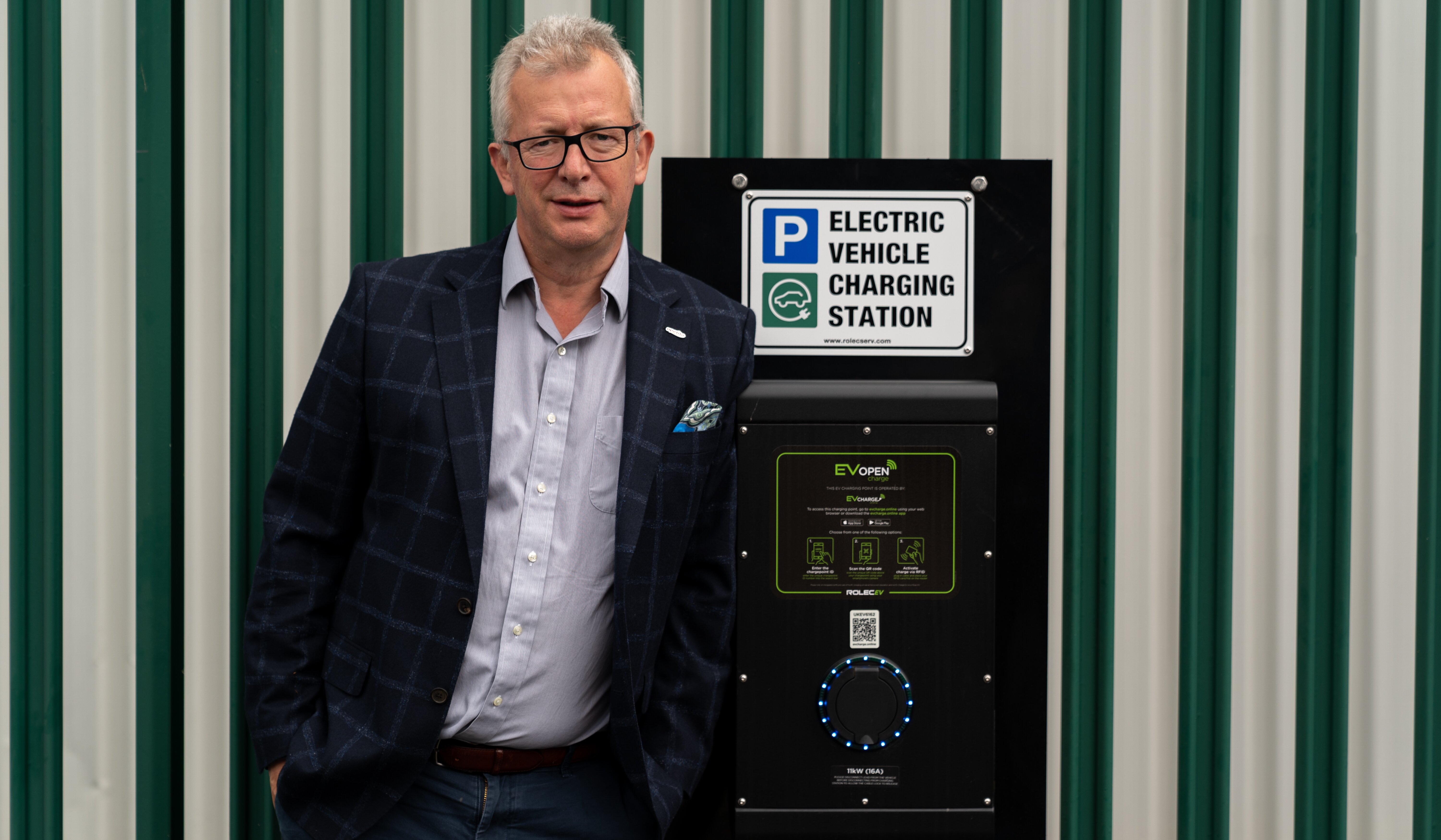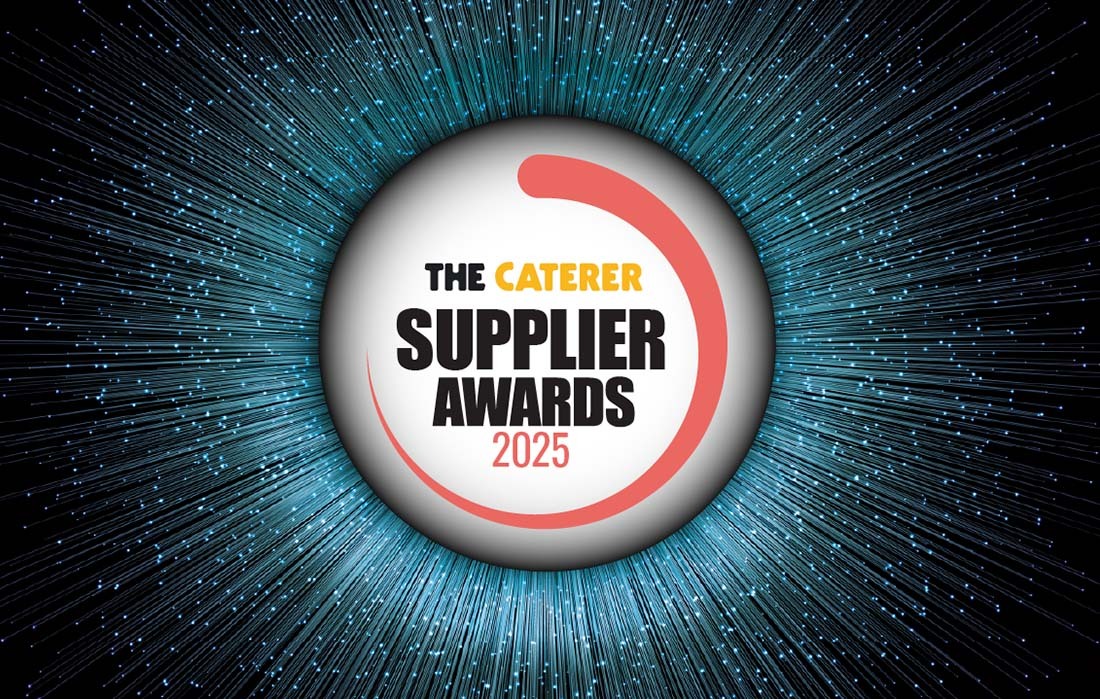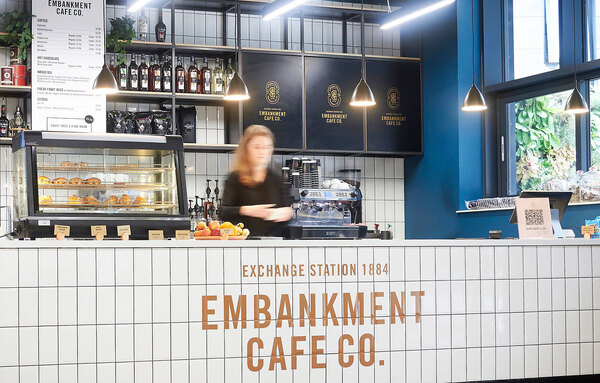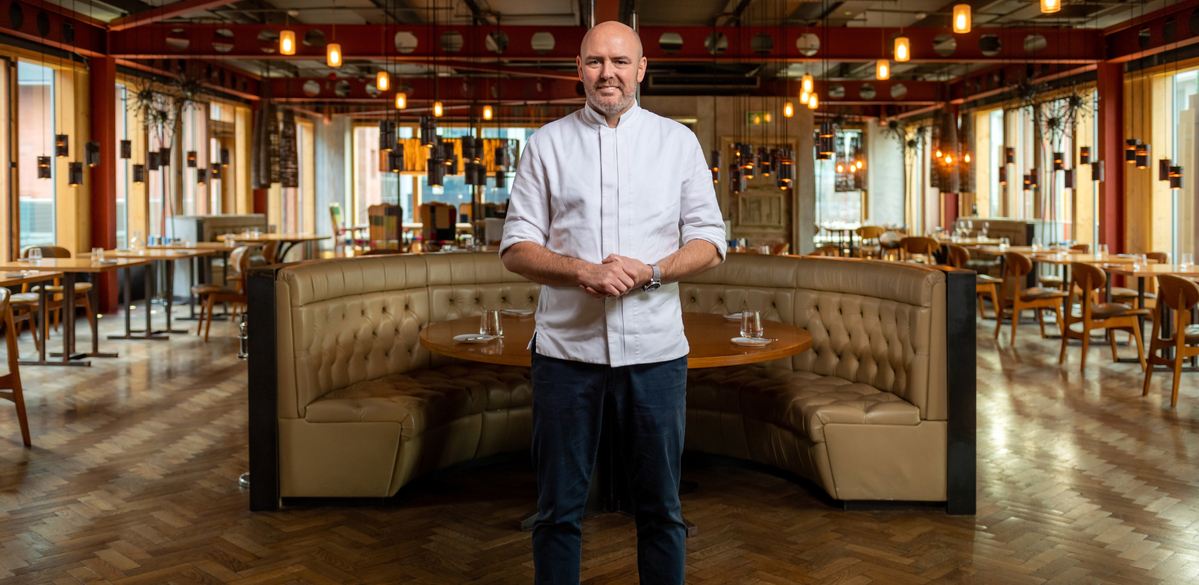Apetito commits to net zero by 2040
UK meals provider Apetito has announced its commitment to reach net zero by 2040.
Its targets include decarbonisation by 2025 in line with the 1.5D pathway, identified at the Paris Climate Agreement, which will be assessed and validated by the Science Based Targets initiative (SBTi). It aims to achieve net zero by 2040.
The company is working with sustainability partner 3Keel to map out its carbon baseline, enabling it to understand the origin and cause of the footprint across its direct and indirect operations.
Simon Miller, managing partner at 3Keel, said: “I've had a series of sessions with the chief executive and other board members at Apetito, and working sessions with newly formed internal groups tasked with hitting short-term targets for each of the emissions hotspots. I would see Apetito's approach of committing to a science-based target, and then developing a clear plan, as best in class."
According to Lee Sheppard, director of corporate affairs and policy, making a meaningful commitment to decarbonisation goes far beyond making a simple marketing-led net zero pledge: “To achieve true net zero, companies must commit to decarbonisation, not only of their direct operations and purchased heating, but all indirect sources across their whole supply chain. This commits businesses to looking beyond their own operation, forcing them to work with suppliers and users of their goods and services to reduce carbon.
“Our commitments have been carefully considered. While making a net zero commitment is clearly the right thing to do, without further pledges it is effectively meaningless; the CMA recently reported that up to 40% of 'green claims' could be misleading customers.
“That’s why we’ve had our targets independently verified by the SBTi. Our targets have been based upon solid science rather than marketing 'greenwash' and commit us to significantly removing carbon across our supply chain.”
Paul Freeston (pictured), chair and chief executive of Apetito UK & North America, added: “There are undoubtedly some big challenges for the agricultural sector and the farming industries to reach net zero, but we believe passionately that this is the right way to do business and we are already making good progress on our journey. We believe that companies need to act fast and put changes into effect as fast as possible now, to reach set targets by 2040.
“Too many businesses rely on ‘offsetting’ alone, without addressing the fundamental problem of needing to remove carbon. Offsetting has a role to play but not at the expense of initial decarbonisation.
“Interim targets and the focus this puts on 'action now' are also key. Too many CEOs are content to make the commitment and then effectively kick the problem into the long grass, knowing that 2040 or 2050 is a long way off.”


















